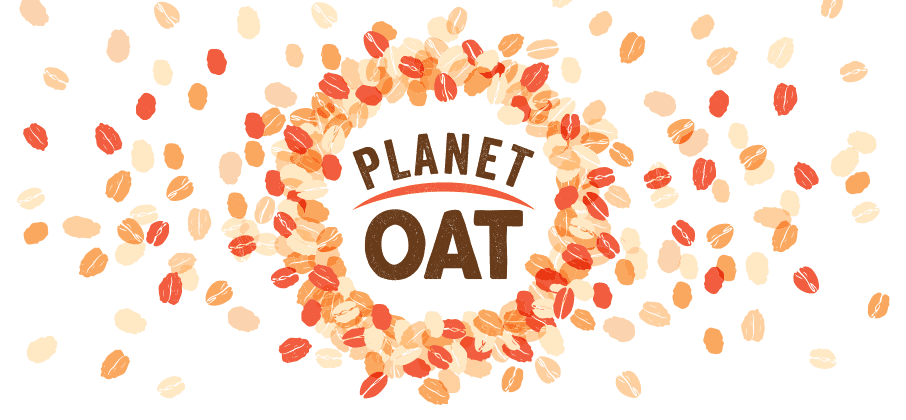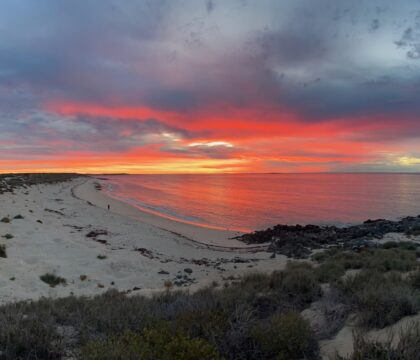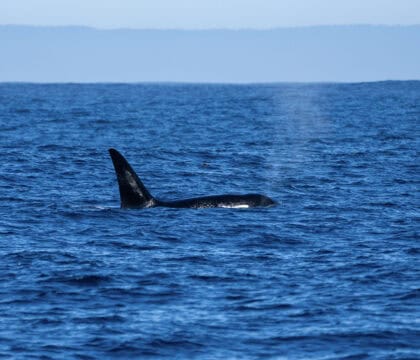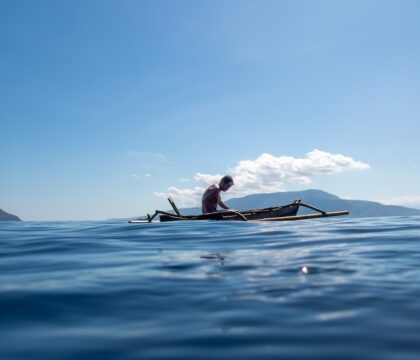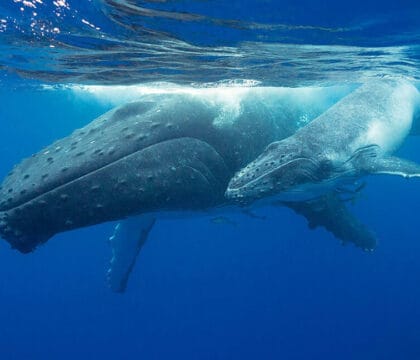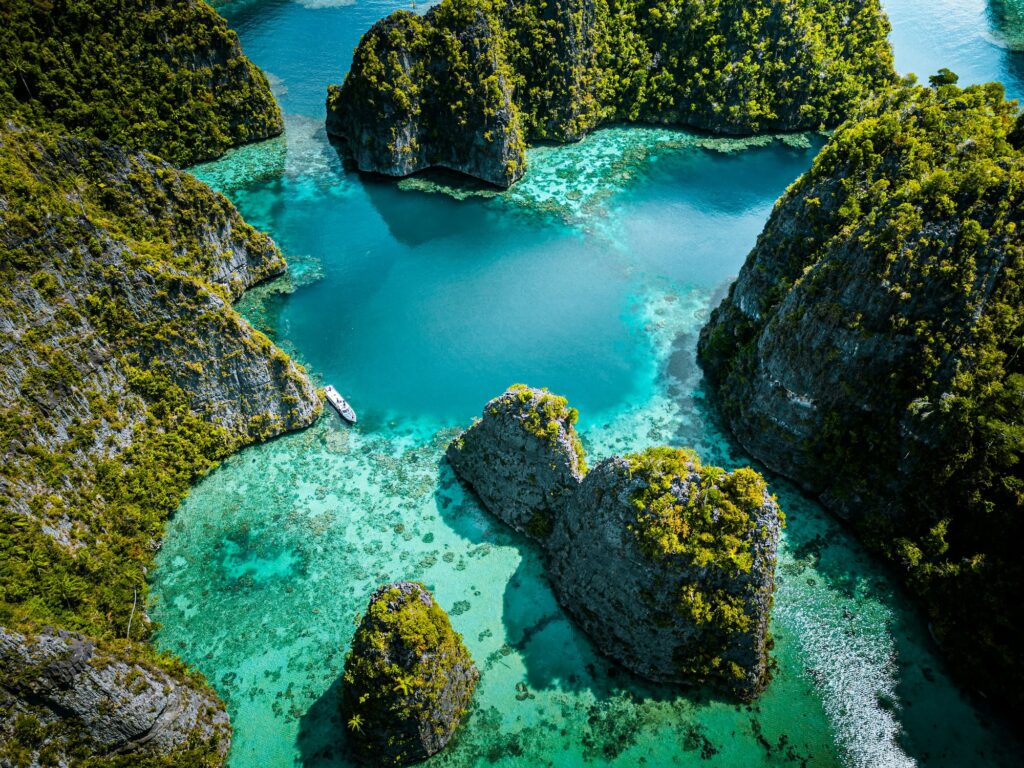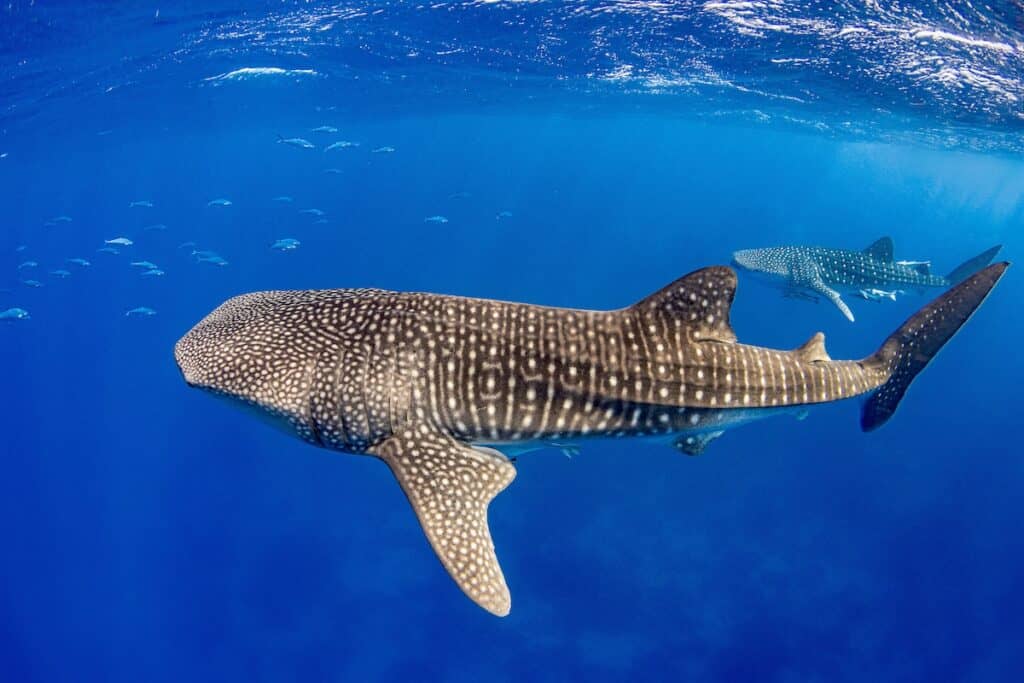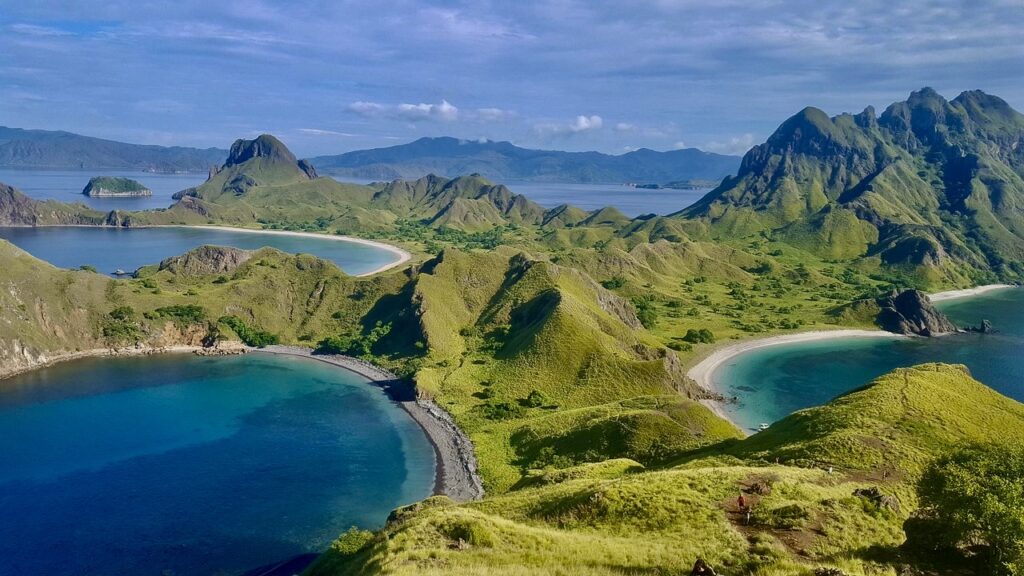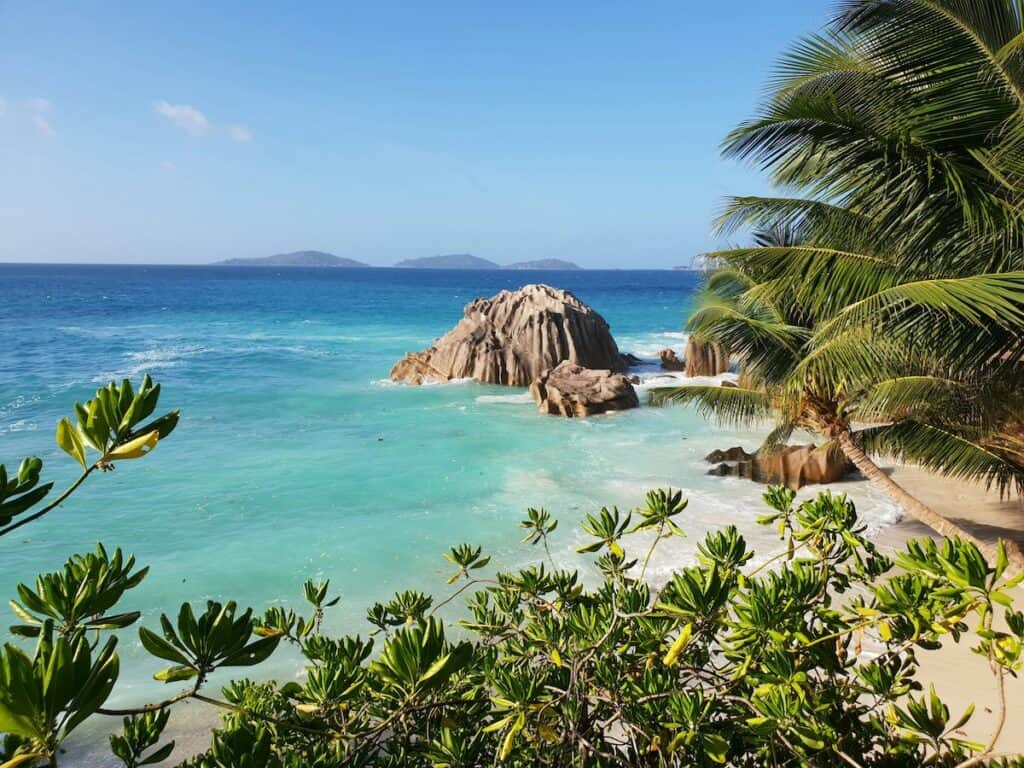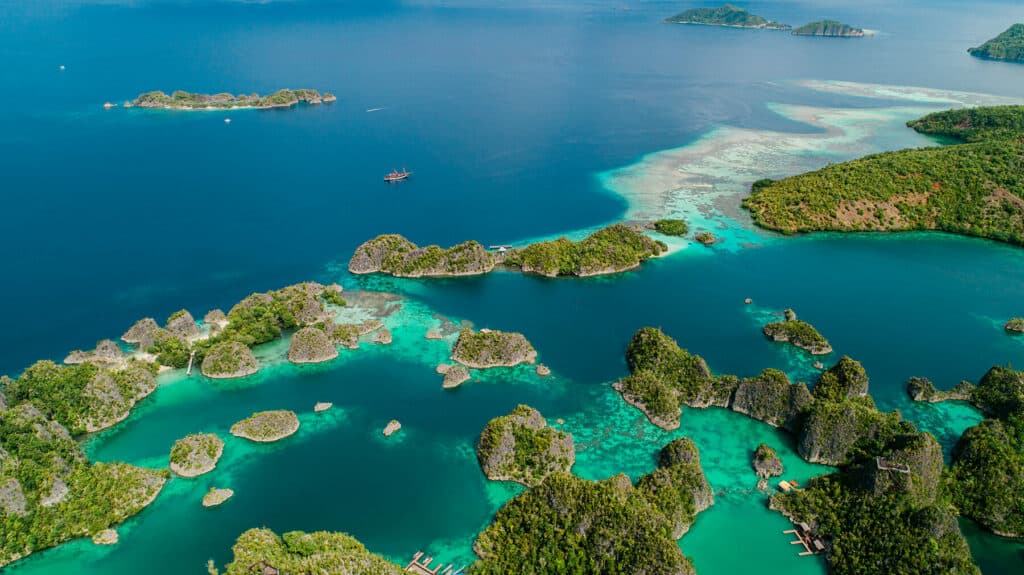July 24, 2025 • Program Updates
For the fourth consecutive year, the Global Ocean Cleanup brought together coastal communities worldwide, demonstrating that action for ocean health is most powerful when local expertise meets shared purpose. With generous support from Planet Oat, and in partnership with Sea Turtle Week, Oceanic Society supported coastal cleanups led by 22 organizations worldwide on June 15-16, 2025. They were joined by dozens more who participated voluntarily, leading to the removal of more marine debris than in all previous years.
2025 Global Ocean Cleanup Results
The results of the 2025 Global Ocean Cleanup reflect both the growing reach of the campaign and the deepening impact in participating communities:
- 54 coastal cleanups spanning 25 countries
- 94,920 pounds (47.4 tons) of waste removed from the environment
- 1,984 volunteers mobilized
- 53.3 miles of coastline restored
But behind these figures lies something even more significant: the voices of people who see ocean health as inseparable from community health, and who are building local movements that extend far beyond individual cleanups.

Voices from the Frontlines: Why Ocean Cleanups Matter
This year, we asked our cleanup partners to introduce us to local champions driving change in their communities—the fishers, students, researchers, leaders, and changemakers who understand that healthy coasts equate to healthy communities.
“Our motto is that your street is your home. Just like cleaning your house, you must clean your street, your school, and your beach.” — TunSea volunteer, Tunisia
“Without the ocean being healthy, we won’t be healthy… If I could be anywhere today, it would be underwater hanging out with marine life. But for now, I’m on the shore cleaning up their home, which is essential to our own living.” — Danni Washington, Big Blue & You, Miami
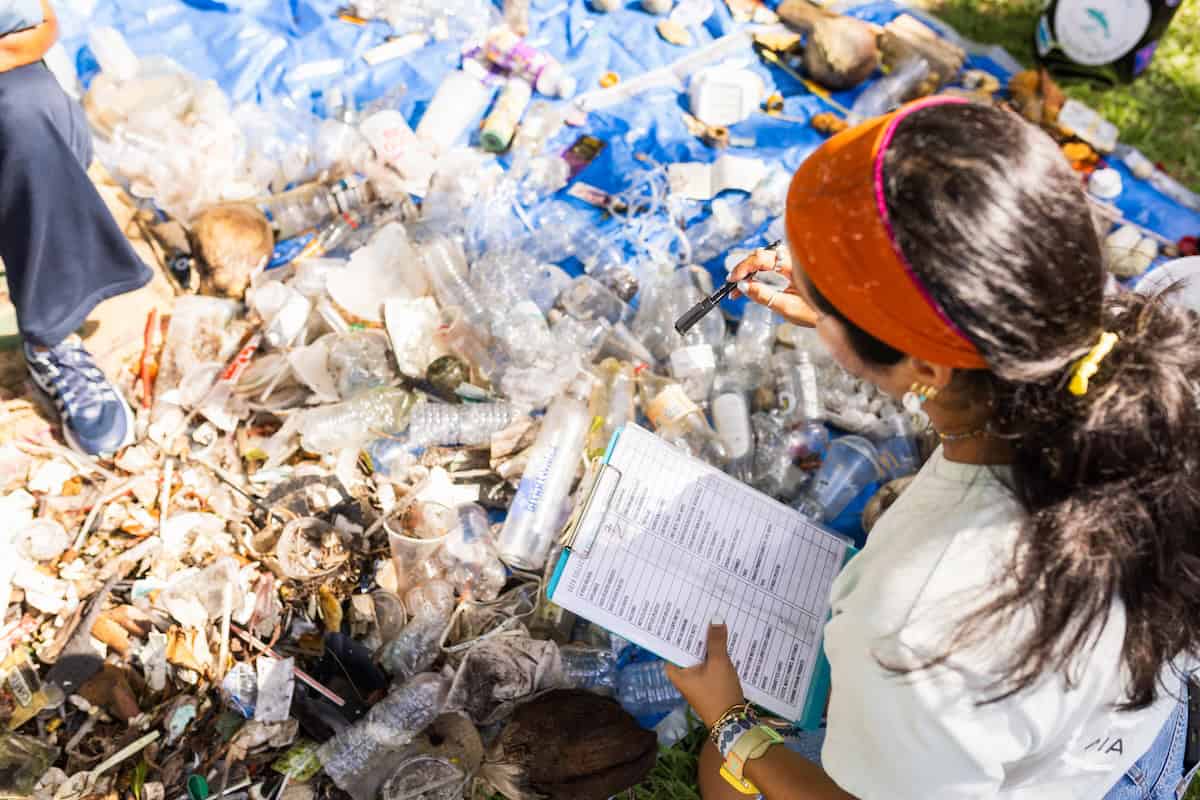
Volunteer with Big Blue & You, Miami records ocean debris data during the Global Ocean Cleanup 2025 event in Miami, where volunteers collected and analyzed plastic pollution to support marine conservation efforts.
“The ocean is really important for us both as our responsibility and our home. Many of our community rely on the ocean as their livelihood for fishing and tourism… we see firsthand the damage that ocean pollution causes.” — Rika Sukmaputri, OceanCycle, Indonesia
“Since we work with stranded animals, the best part of this experience was seeing how much plastic we were able to collect from the beach, helping to prevent turtles and other animals from getting injured.” — Bruno Stefanis, Instituto Biota de Conservação, Brazil
“I want my kids to be able to see a turtle in real life. I want my kids and myself to be able to take my shoes off at the beach and be able to enjoy the ocean safely without the risk of cutting my foot on broken glass—but ultimately to protect ocean life.” — Zoe Prinsloo, Save A Fishie, South Africa
“It’s incredible to see people all over the world coming together for a single cause … protecting our oceans. Knowing that people are giving up their weekend to clean up trash is deeply inspiring. It reinforces why we do what we do and reminds us that we’re not alone in this fight.” — Jason Flynn, Scuba Junkie / Marine Research Foundation, Malaysia
These conversations revealed a common thread: people taking action for ocean health aren’t motivated by distant environmental abstractions, but by intimate knowledge of what their local waters mean to their daily lives, livelihoods, and futures.
“The Global Ocean Cleanup is a powerful way to unite worldwide actions. It’s also a chance to show every small local action can contribute to global impact. You are not alone in this… we are hand in hand working towards healthier oceans.” — Rika Sukmaputri, OceanCycle, Indonesia
Global Impact: Cleanups in Critical Marine Habitats
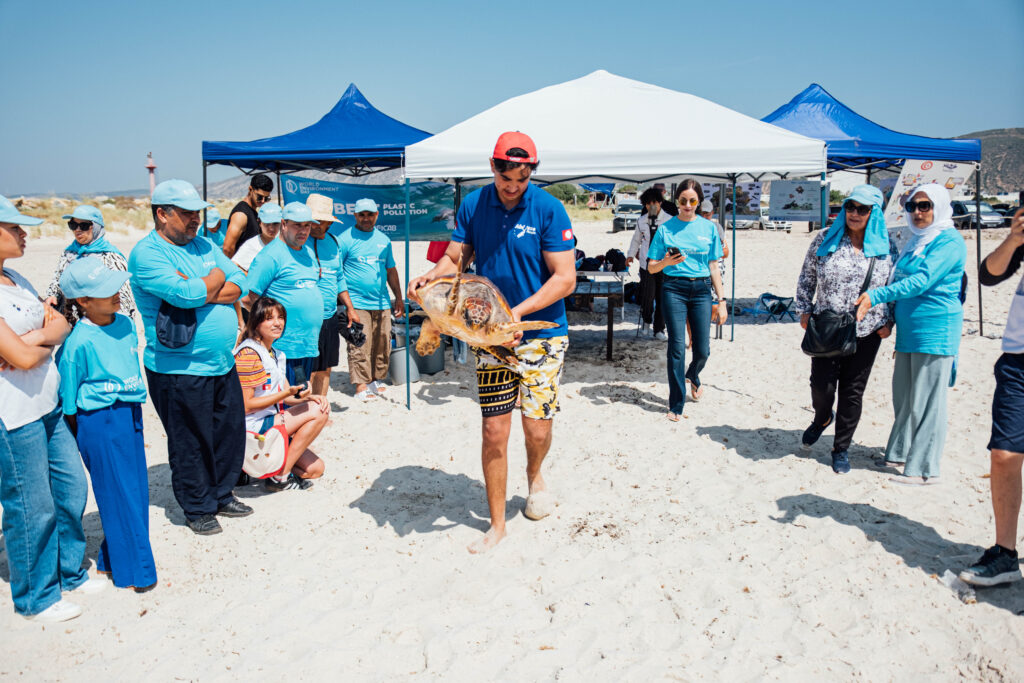
Volunteer from Tunisia’s TunSea organization returns turtle to the water after participating in Global Ocean Cleanup 2025, where massive amounts of debris were removed from critical sea turtle habitats.
Cleanups that were part of the 2025 Global Ocean Cleanup targeted some of the planet’s most critical marine habitats:
- Critical sea turtle nesting beaches in Puerto Rico, Brazil, Costa Rica, and Cape Verde, where debris removal directly protects endangered species during nesting. West and Central African coasts saw RASTOMA network cleanups across three countries that removed massive amounts of debris from critical sea turtle habitats.
- Mangrove ecosystems in Miami, Tanzania, and the Democratic Republic of Congo—coastal nurseries that serve as both carbon sinks and storm protection for millions of people.
- Marine protected areas and coral reefs, including underwater cleanups in Malaysia’s Tunku Abdul Rahman Park, where divers removed debris from coral reefs, and Kenya’s Kiunga Marine National Reserve, where cleanup efforts support broader conservation goals.
- Estuaries and coastal waterways, including Portugal’s Sado Estuary, a critical transition zone between freshwater and marine environments.
- Urban coastlines from Tunisia to South Africa to San Francisco, where high-visibility cleanup efforts create ripple effects in densely populated areas.
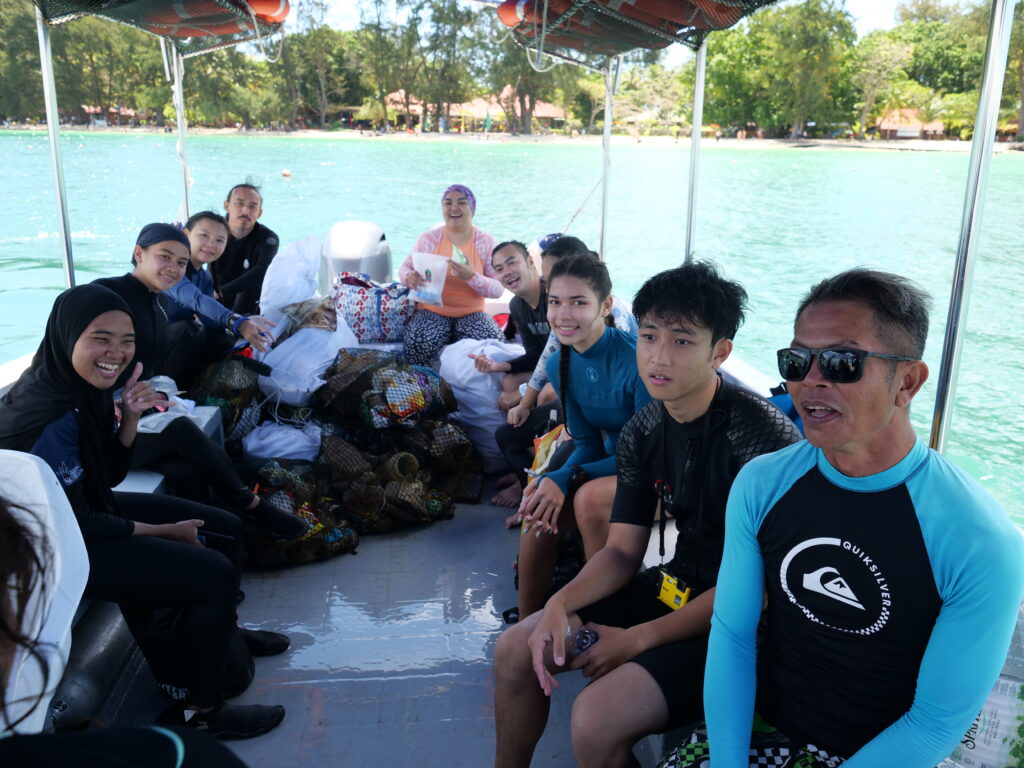
Marine Research Foundation divers took to the water for underwater cleanups in two key conservation areas: Malaysia’s Tunku Abdul Rahman Park, where they removed debris entangled in coral reefs, and Kenya’s Kiunga Marine National Reserve, where cleanups help protect vital habitats for marine wildlife.
The scale varied dramatically by location, revealing both the global nature of plastic pollution and local sources.
Strangest Ocean Trash Finds of 2025
Among the 47.4 tons of waste removed, cleanup teams encountered some unexpected items that tell stories about how waste enters and moves through our oceans:
- Medical syringes with needles found by Tanzania’s cleanup team, highlighting dangerous medical waste pollution
- Walkie-talkies and sun hats pulled from coral reef areas in Malaysia’s marine protected area, where one team noted it was their “first-time retrieval” of such items
- Neoprene wetsuits and carpets discovered in various locations, from Brazilian beaches to Tunisian coasts
- Plastic eggs, women’s underwear, and fake plastic leaves collected from Mexico’s coastal areas
- Disproportionate amount of glass bottles in South Africa stemming from public alcohol consumption at local beaches
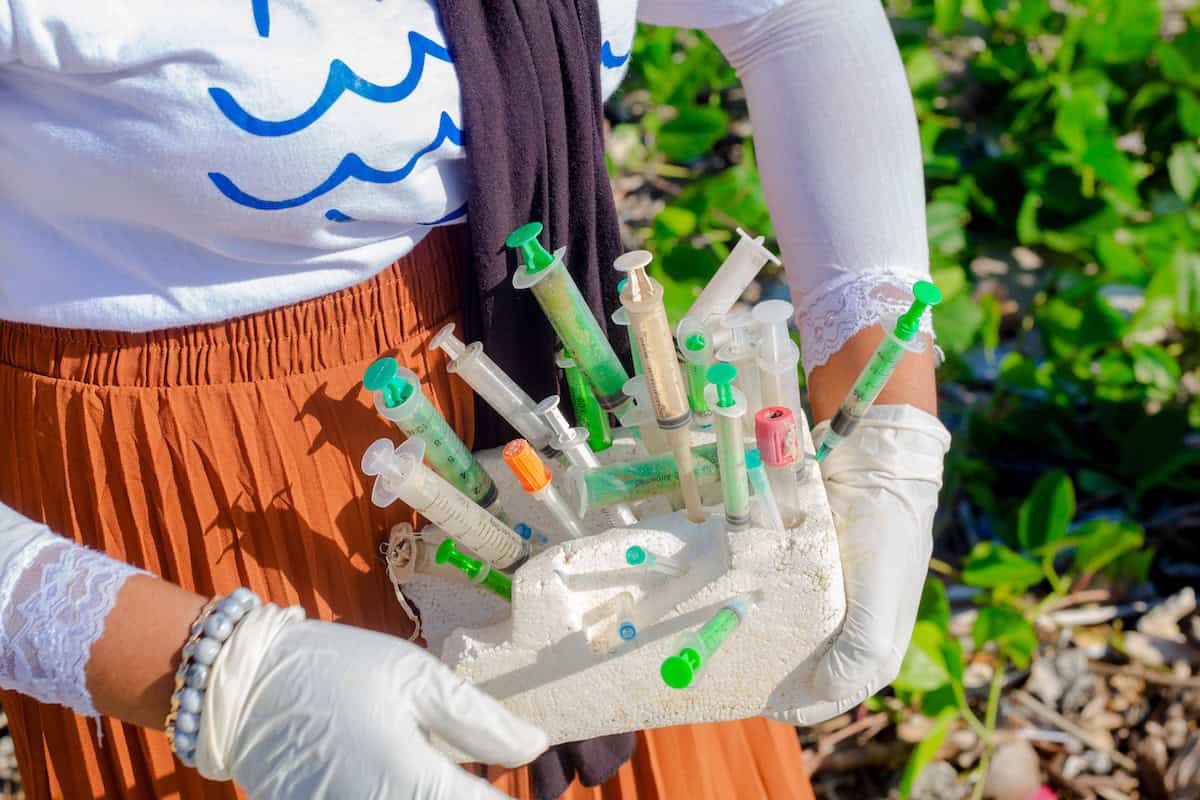
A volunteer with Sustainable Ocean Alliance displays a styrofoam block littered with medical syringes found during the Global Ocean Cleanup 2025 in Tanzania—highlighting the urgent need for proper waste management to protect ocean and community health.
Teams also documented the most common branded waste, with one Brazilian cleanup identifying Marlboro, Pepsi, Coca-Cola, Heineken, and Budweiser products among the top items collected, revealing how global brands contribute to local pollution.
Turning Ocean Trash into Art: 2025 Winners
Seven organizations transformed collected waste into artworks for our annual marine debris art competition. Their artwork was judged by an expert panel that included renowned artists and ocean conservationists, as well as by the public through an audience vote. This year’s competition saw the closest voting in the campaign’s history, with the following results:
- Winner: Marine Research Foundation (Malaysia)
- Runner-up: Puerto Rico (Chelonia)
- Audience Choice: TunSea (Tunisia)
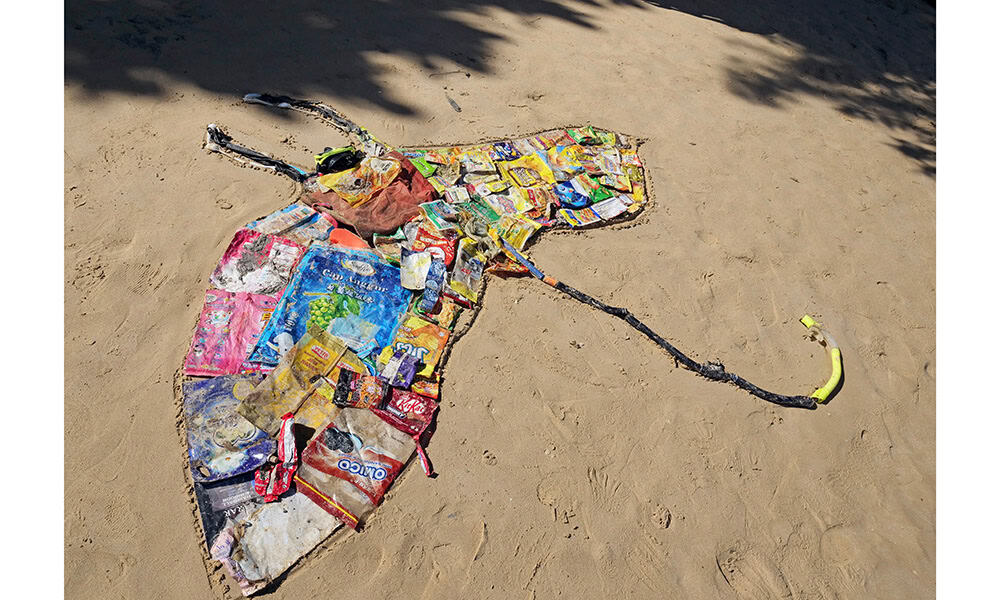
A manta ray made of marine debris was one of three elements of the winning artwork created by Marine Research Foundation following their cleanup in Sabah, Malaysia
The art competition continues to prove that creative expression can shift how people see waste, from inevitable pollution to materials to inspire change.
Global Ocean Cleanup Becomes a Worldwide Movement
Four years in, the Global Ocean Cleanup has become more than an annual event, it’s a movement of coastal communities taking collective action for ocean health. These communities treat ocean protection not as someone else’s responsibility, but as fundamental to their own wellbeing, highlighting how local stewardship combined with global amplification creates real impact.
From 22 sponsored cleanups this year to the powerful voices of local champions, this effort continues to expand. Our partnership with Planet Oat has helped enable this growth, enabling us to support people and organizations protecting their waters worldwide, whether from local sources or external threats beyond their control.
Beyond Trash: What Cleanups Are Really About
“The one thing I would encourage everybody to consider when it comes to the ocean and ocean health would be to take a deeper look into your own personal connection to the water. How do you connect with the ocean? Whether you live on a coastline or you live inland, we’re all connected.” — Danni Washington, Big Blue & You
While removing 47+ tons of debris creates immediate benefits for marine ecosystems, the conversations happening in these communities point toward deeper changes. Local organizations and leaders are talking about waste reduction, sustainable fishing practices, plastic-free alternatives, and policy changes.
“We can do 500 cleanups like this, but the plastic is going to continue to come in… if we can change our mindset about reusables and eliminate these products completely from our lifestyles, that’s the first step and the biggest step we can take in order to have real change.” — Danni Washington, Big Blue & You
“In the past, community members used to go catch fish in shallow waters and return home with a sufficient catch… but nowadays, because of plastic pollution, fish have decreased. Fishermen have to go to deeper waters. They still catch some fish, but not enough for their home. If I get the chance to inspire one community member, for the sake of ocean health, I would like to motivate him or her to effectively dispose and manage household waste to reduce waste that goes into the ocean.” — Nasra Nurdin, Sustainable Ocean Alliance Tanzania
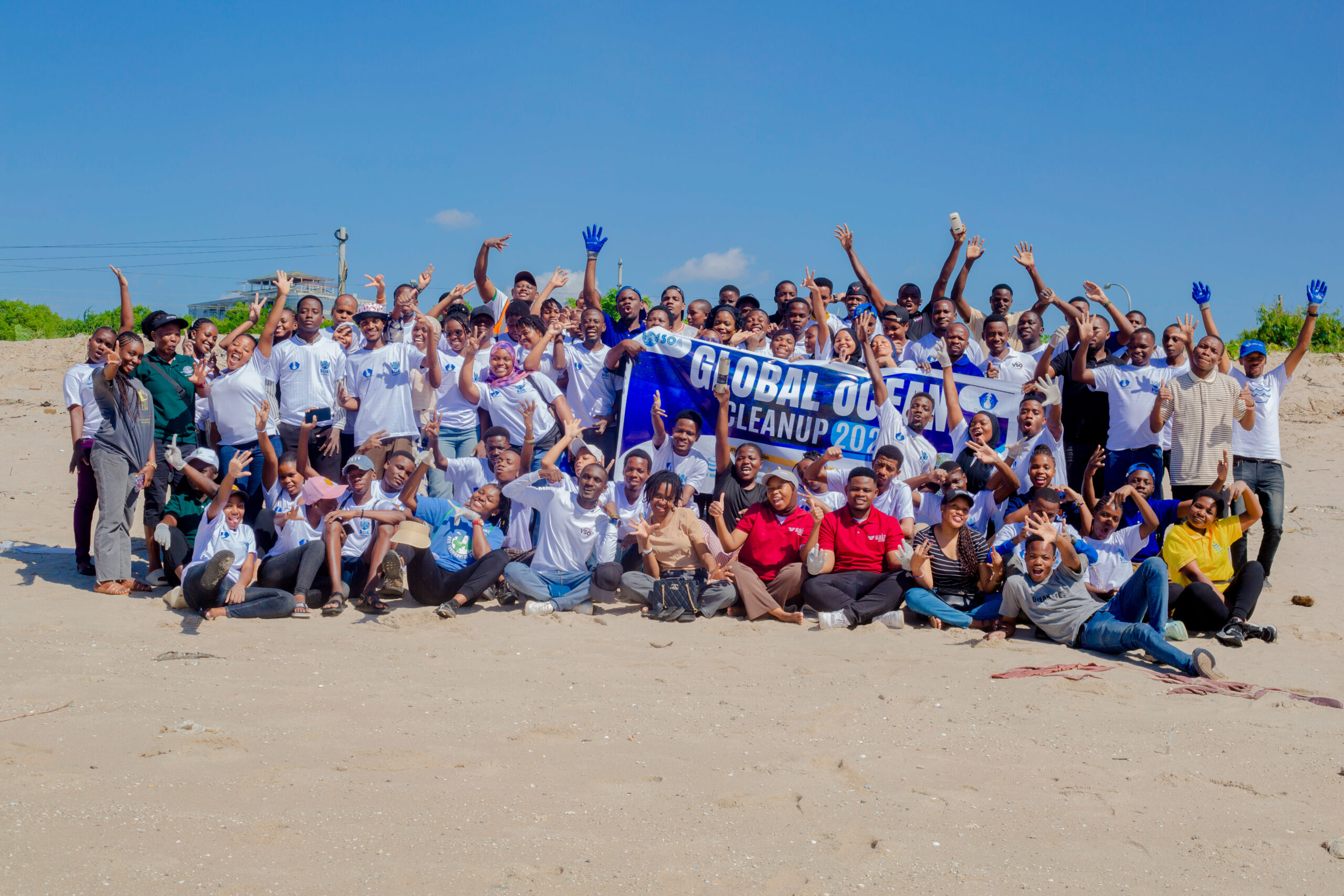
Volunteers with Sustainable Ocean Alliance in Tanzania gather for a group photo after collecting debris for their local Global Ocean Cleanup 2025.
“What we’re currently doing to our oceans is not right. We need to learn to live with nature and respect it and protect it. Our ocean gives us life.” — Sophie Ringel, Clean Miami Beach
The ocean connects every coast, but protecting it requires action rooted in specific places by people who know those waters intimately. The 2025 Global Ocean Cleanup demonstrates what becomes possible when local expertise gets the support it deserves.
Ready to Get Involved?
Ready to join this growing movement? Find resources for leading your own cleanup, reducing plastic waste, or supporting ocean conservation in our resource center.
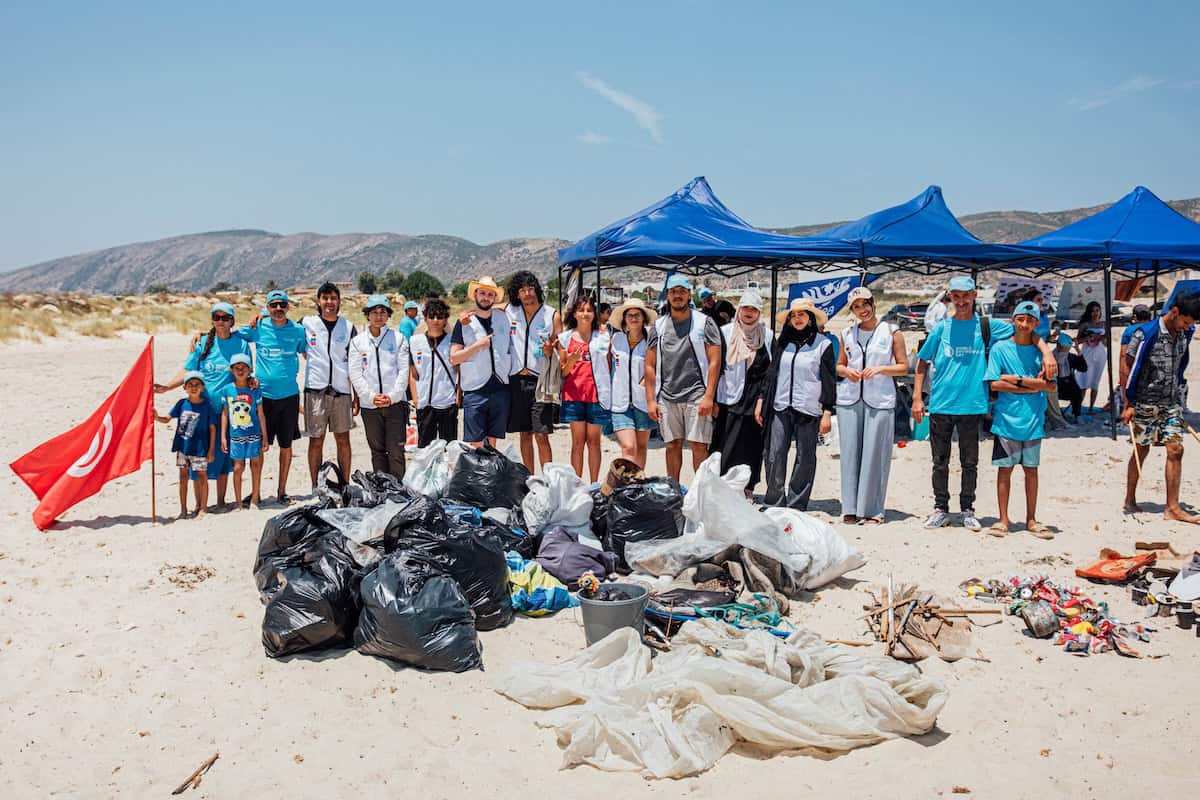
Volunteers from the TunSea Organization gather on the shores of Tunisia during the Global Ocean Cleanup 2025, proudly showcasing the debris removed from the coastline to protect marine ecosystems and raise awareness about plastic pollution.
About the 2025 Global Ocean Cleanup
Organized by Oceanic Society in partnership with Sea Turtle Week, the 2025 Global Ocean Cleanup was sponsored exclusively by Planet Oat. This is Planet Oat’s fourth consecutive year supporting Oceanic Society and the Global Ocean Cleanup. Their support is made as part of the Planet Oat Project, the brand’s pledge to support organizations that better the world we live in.
